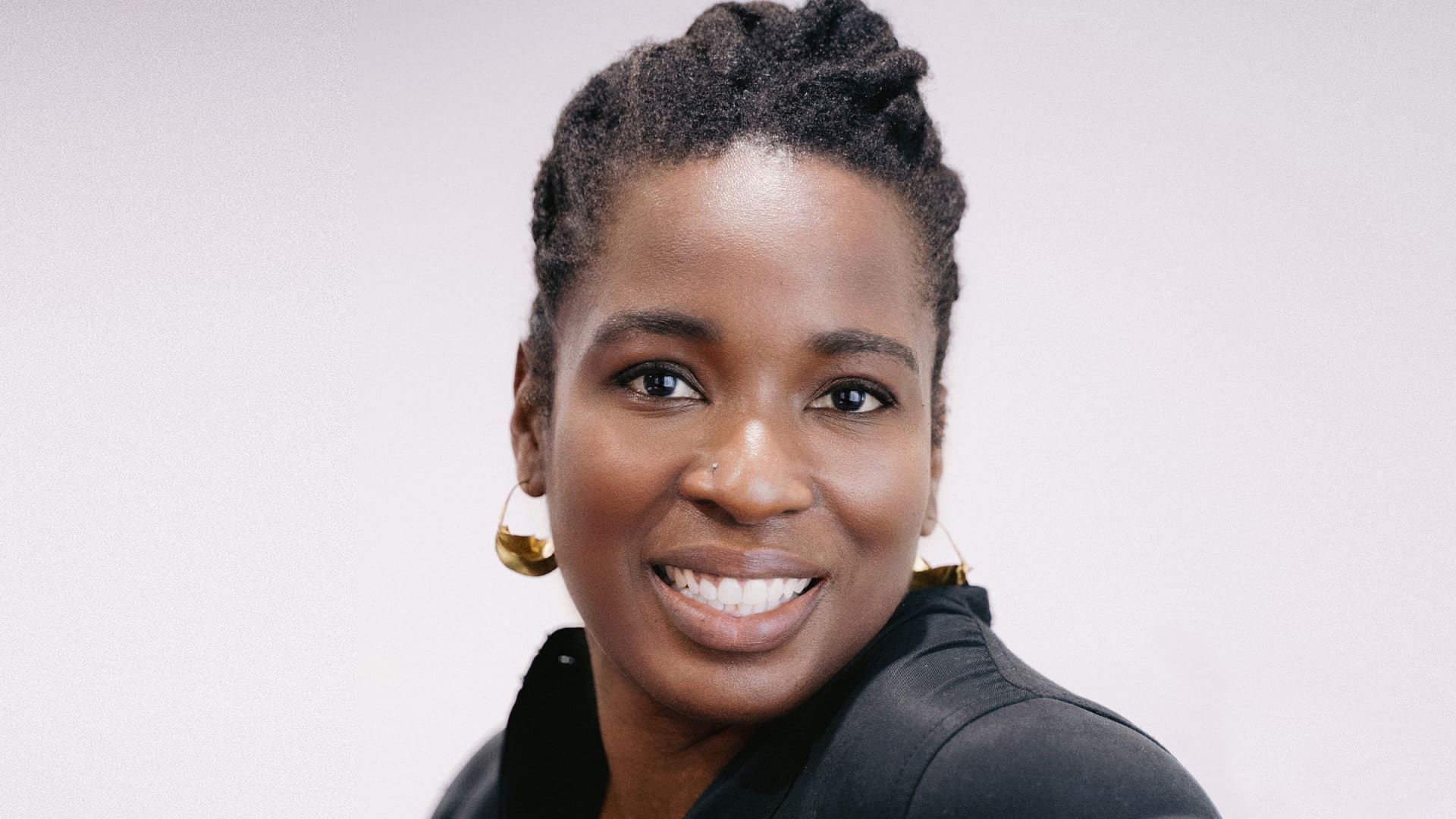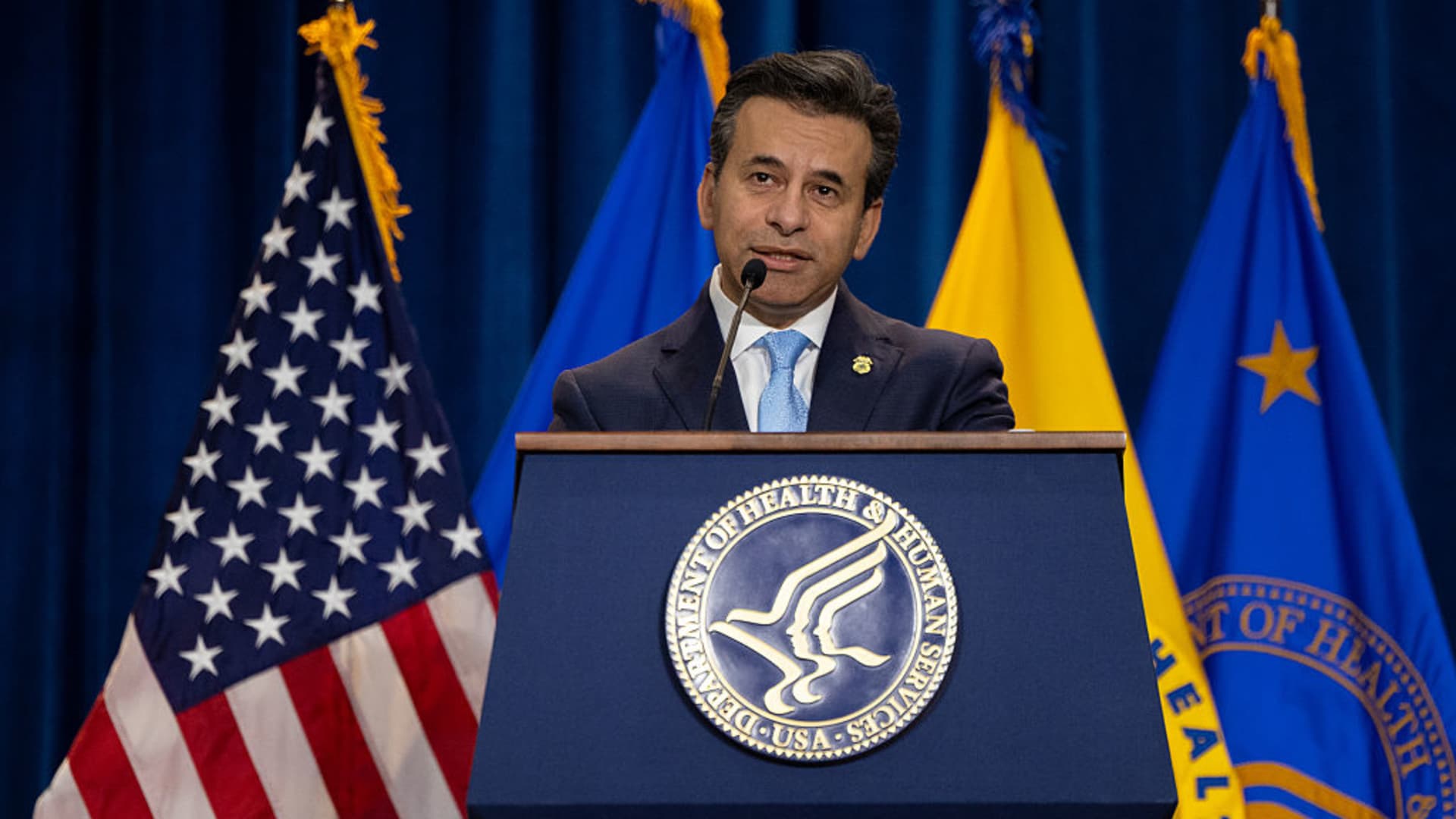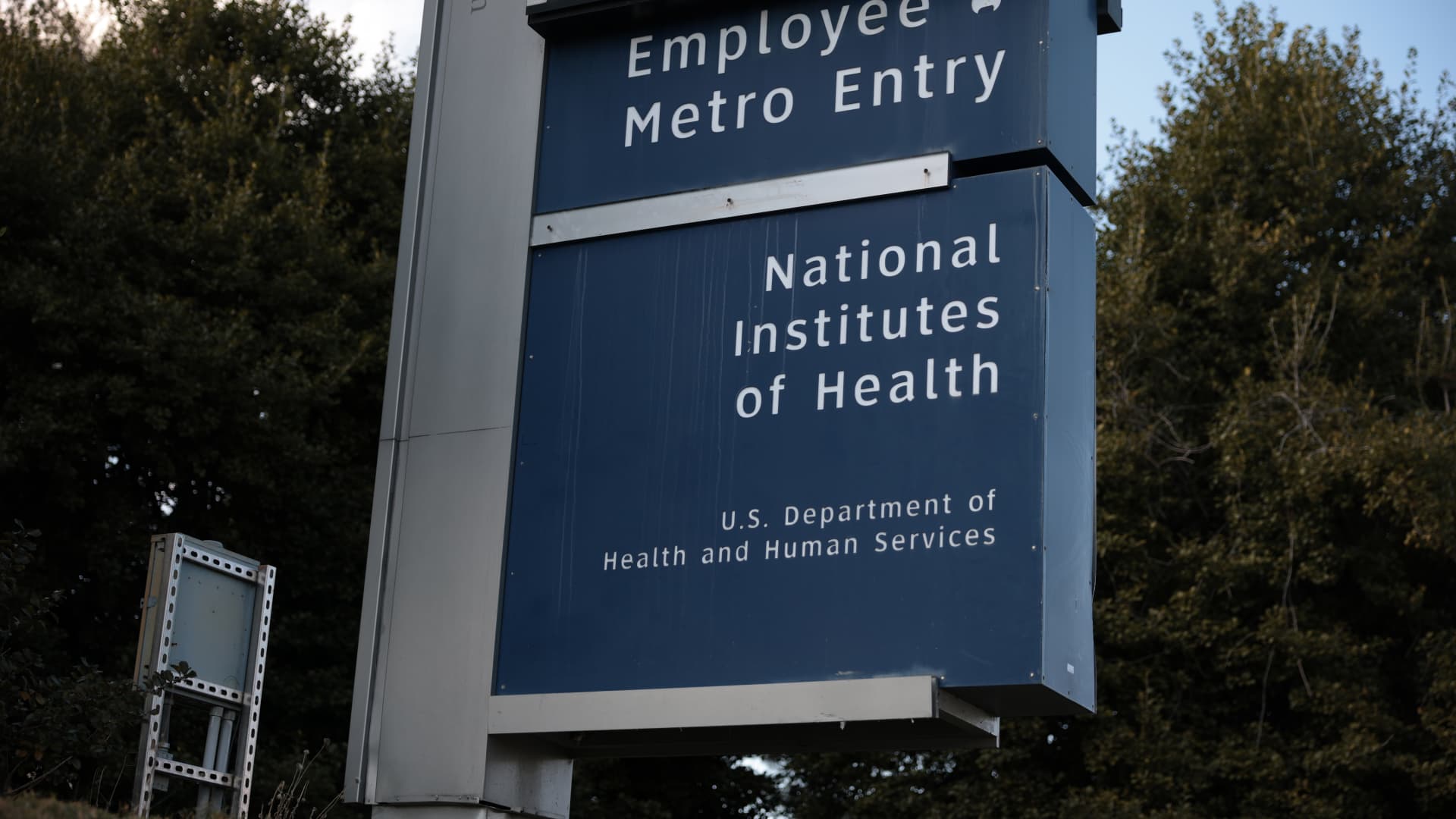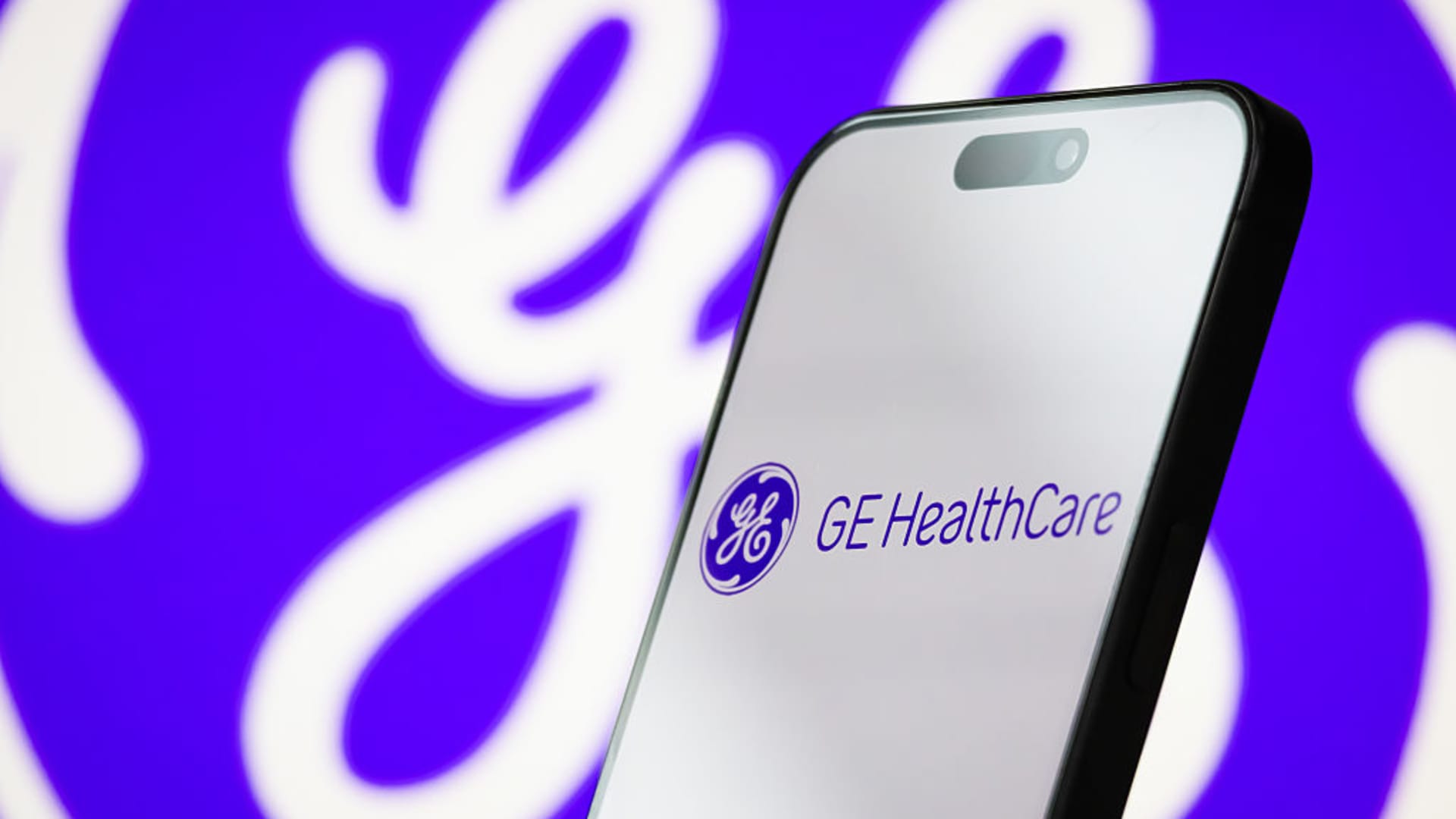For the first time in decades, people are having real conversations about healthcare, “from the ground up,” says Dr. Toyin Ajayi. That makes her feel optimistic.
“We're in a moment where health and healthcare, and what it means to be healthy, is a topic of national discussion,” the co-founder and CEO of Cityblock Health told CNBC senior media and technology correspondent Julia Boorstin on the latest episode of the “CNBC Changemakers and Power Players” podcast.
“I've never seen that,” Ajayi said.
Amid cuts to federal funding for scientific research, the introduction of polarizing policies under President Trump's Health and Human Services Secretary Robert F. Kennedy Jr., and an intense political debate over how the United States funds health care that precipitated the country's longest government shutdown on record, this kind of optimism might seem counterintuitive.
But Ajayi says the interest and attention the American healthcare system is now receiving is exactly what is needed to drive change. “Health care is so unaffordable in America, inexplicably unaffordable,” Ajayi said.
“We are not healthier as a result of all the spending we are doing. We, as a country, spend more per capita on health care than any other developed country, and we have some of the worst health outcomes. Doctors and nurses are burned out. They are leaving the profession in droves. We are having a hard time attracting people to do really amazing jobs, like being primary care doctors in rural areas… And we are getting older, and the needs are greater… the status quo wasn't working. Everyone is a little angry about that,” she said.
Ajayi was named to CNBC's 2025 Changemakers list.
The “Make America Healthy Again” movement is an example of a recent public debate that Ajayi sees as positive, “whether or not you agree with certain people's positions,” he said.
“There are people who identify themselves as part of a health movement. That's incredible,” he said. “Who can I choose who is most likely to help me live a healthy life and help my children live a healthy life? … For the first time, certainly in the last two decades, people are having real conversations, not in the halls of Congress, not in statehouses, but on the ground about what health means,” he said.
Cityblock provides health services to individuals spanning clinical, behavioral health and social needs, and serves patients who have Medicaid or are dual eligible for Medicare and Medicaid. The company, which has more than 100,000 members and partners in more than 10 states, employs community health workers who conduct hyperlocal in-home assessments and coordinate care, as well as connect patients to social services, such as food banks and transportation.
With trust in the U.S. healthcare system “at an all-time low,” according to Ajayi, the most important thing Cityblock is focused on is earning and retaining patient trust, he said.
It is a message that it shares with all its investors, shareholders and teams. “For a long time, medicine operated according to a kind of hierarchy: It was us and it was them,” said Ajayi, who throughout his education as a medical student and career as a doctor has seen the inner workings of underfunded and underequipped pediatric care units in Sierra Leone and high-tech hospitals in Boston. “We had white coats and all the data and information, all the years of training, and they were our subject… That doesn't work and I think we have a real opportunity in health care and in public health to regain trust by meeting people where they are,” he said.
That means going to people's homes and connecting with them through their smartphones or social media. “Wherever people are, we have to go there and show up using language that is relatable and intelligible,” Ajayi said.
She is optimistic about the potential for AI to do just that and help Cityblock make healthcare even more accessible, reliable and understandable. The company is investing in AI technology with the goal of ensuring that benefits reach patients with government health plans, not just the wealthy, “so that we can look back 10 years from now and say, you know what? We, as a society, developed AI tools that really improve the world and the lives of people who didn't have a seat at the table and who otherwise wouldn't have been created for it,” he said.
Follow and listen to this and all episodes of the “CNBC Changemakers and Power Players” podcast on Apple and Spotify.
CNBC accepts nominations for third CNBC Changemakers: Women transforming businesseslist. The unranked list will recognize a distinguished group of women whose achievements have left a mark on the business world and who are blazing a path for the future.












